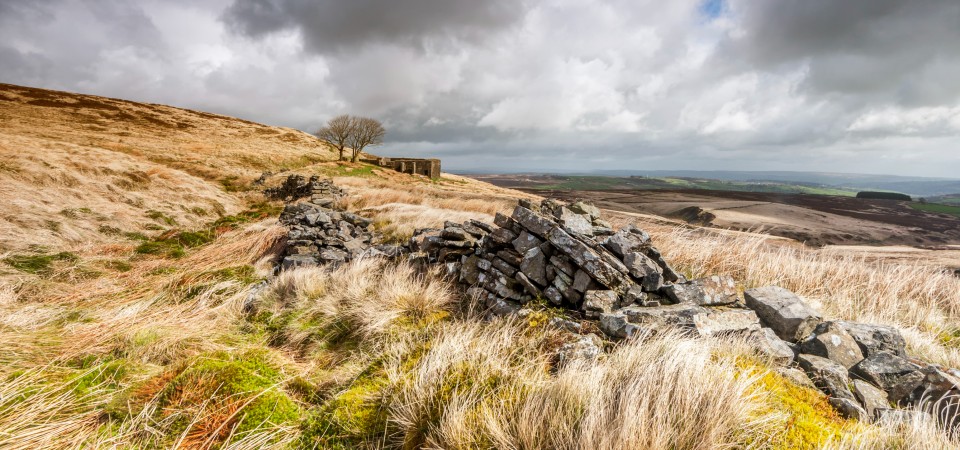When Emily Brontë published Wuthering Heights in 1847 under the pseudonym Ellis Bell, outraged Victorian critics deemed it savage, indecent and immoral. One described it as “a compound of vulgar depravity and unnatural horrors”.
After Brontë’s death, when the novel began to find success, many were surprised to find that such a tempestuous gothic romance had been written by a quiet parson’s daughter. But did a real-life romance inspire Emily Brontë’s only novel? According to Frances O’Connor’s new film, Emily, the answer is yes. But the historical picture is far more murky.
The film presents a romantic origin story to account for Brontë’s iconic novel. While reclaiming Emily as a rebel, misfit and the weirdest of the “weird sisters”, as Ted Hughes memorably called them, the film departs knowingly from historical fact, mixing biography with Brontë mythology and dramatic invention to present a very different picture. Australian-British director O'Connor has described her film as putting Emily at the centre of her own story.
This Emily is a rum-and-gin-drinking, opium-fuelled young woman, whose life was, in O'Connor’s vision, a version of Wuthering Heights. As one reviewer put it, “Emily isn’t a biopic of Emily Brontë but a fantastical retelling of her life.”
Because the bond between the novel’s Catherine Earnshaw and Heathcliff is widely considered one of the most passionate stories in English Literature, people doubt whether an unmarried clergyman’s daughter could have written it without experiencing romance first hand.
O'Connor’s film suggests that a passionate but tragic affair between Brontë and the local curate, William Weightman, is the source for Cathy and Heathcliff’s bond. Their romance is portrayed as a heated one, with the couple’s sexual intimacy troubling Weightman’s religious beliefs.
Continues…

For the full article by Dr Claire O'Callaghan visit the Conversation.
ENDS
Notes for editors
Press release reference number: 22/188
Loughborough is one of the country’s leading universities, with an international reputation for research that matters, excellence in teaching, strong links with industry, and unrivalled achievement in sport and its underpinning academic disciplines.
It has been awarded five stars in the independent QS Stars university rating scheme, named the best university in the world for sports-related subjects in the 2022 QS World University Rankings – the sixth year running – and University of the Year for Sport by The Times and Sunday Times University Guide 2022.
Loughborough is ranked 7th in The UK Complete University Guide 2023, 10th in the Guardian University League Table 2023 and 11th in the Times and Sunday Times Good University Guide 2023.
Loughborough is consistently ranked in the top twenty of UK universities in the Times Higher Education’s ‘table of tables’, and in the Research Excellence Framework (REF) 2021 over 90% of its research was rated as ‘world-leading’ or ‘internationally-excellent’. In recognition of its contribution to the sector, Loughborough has been awarded seven Queen's Anniversary Prizes.
The Loughborough University London campus is based on the Queen Elizabeth Olympic Park and offers postgraduate and executive-level education, as well as research and enterprise opportunities. It is home to influential thought leaders, pioneering researchers and creative innovators who provide students with the highest quality of teaching and the very latest in modern thinking.

